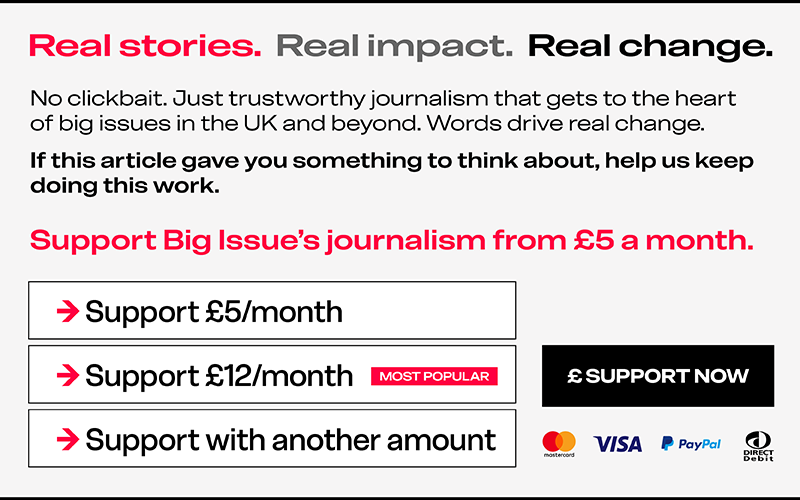The government insists that welfare reforms returning to parliament for further consideration today (9 July) are about encouraging more people into work. But cutting social security without first reforming the systems that exclude autistic people from employment is not just ineffective, it’s harmful.
The personal independence payments (PIP) assessment process often fails to account for the fluctuating and non-visible nature of autistic disability. At my charity Enfold, which supports autistic families, we hear stories every week of autistic people denied support for being “too articulate”, or for masking their anxiety so effectively that assessors miss the reality of their needs.
To win over Labour rebels, the government has delayed the changes to PIP, but cuts to the health element of universal credit are still going ahead. The welfare bill proposes locking in a two-tier benefits system, where current claimants retain full support while new applicants face reduced entitlements. This risks creating a future in which many autistic people, particularly young people, are excluded from the very support that enables independence and self-determination.
Read more:
- Benefits for unpaid carers and those they care for are intrinsically linked – Labour is failing both
- The simple reason Nigel Farage has seemingly had a change of heart on benefits
- Here’s why 49 Labour MPs still voted against Starmer’s benefits bill: ‘It’s not the Labour way’
Three-quarters of unemployed autistic people say they want to work, but just 16% of autistic adults are in full-time work. The problem isn’t motivation, it’s opportunity. Autistic people face inaccessible recruitment processes, inflexible workplaces and a lack of understanding from employers. Without a cultural shift in how we define, recruit and support talent, these employment statistics will not improve.
My own journey through this system is a testament to both its necessity and its gaps. As an undiagnosed autistic teenager, I grappled with severe mental health challenges. For many years after, I depended on the benefit system, not as a choice but as a lifeline. The reality was that the world felt inaccessible – every step, whether navigating official paperwork or simply leaving the house, was its own mountain to climb.












